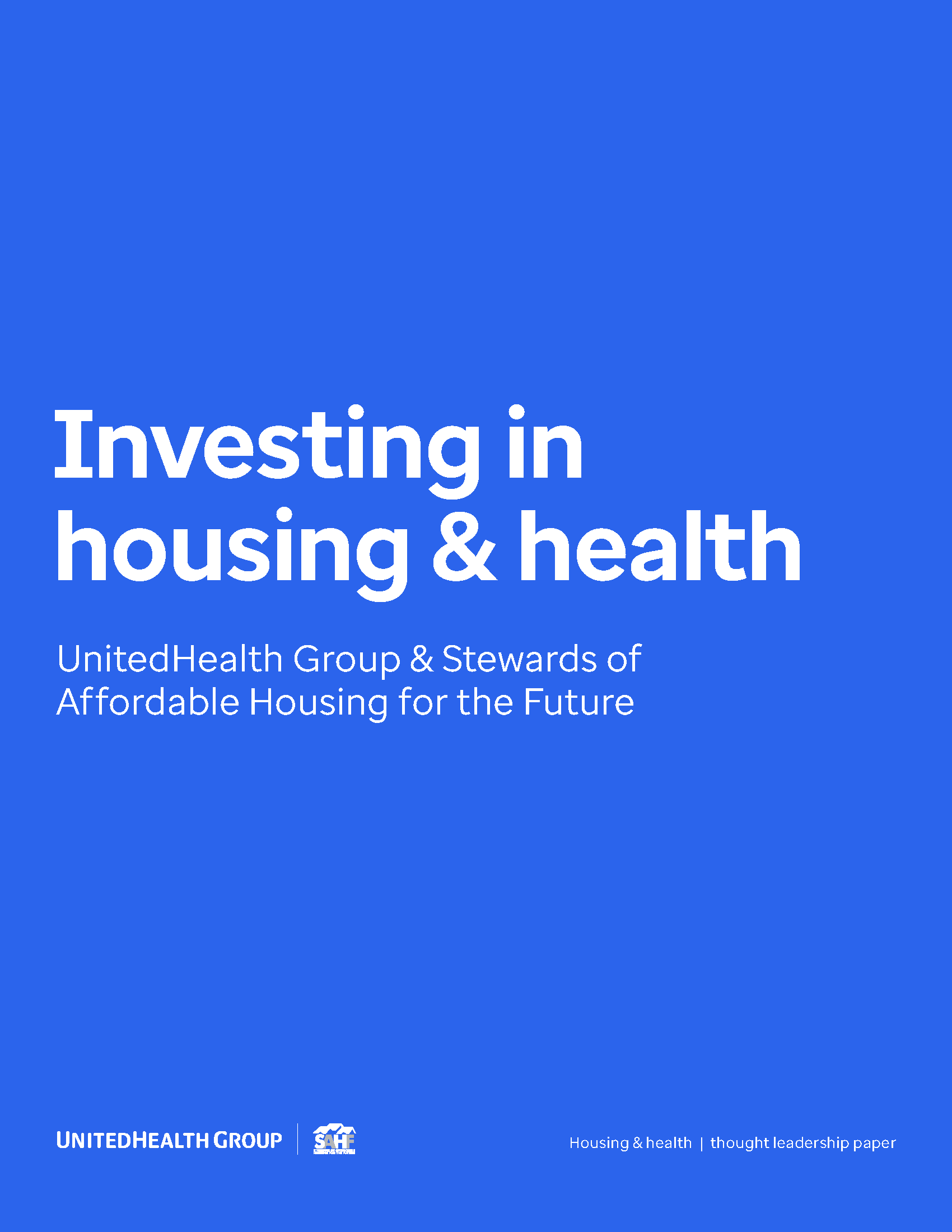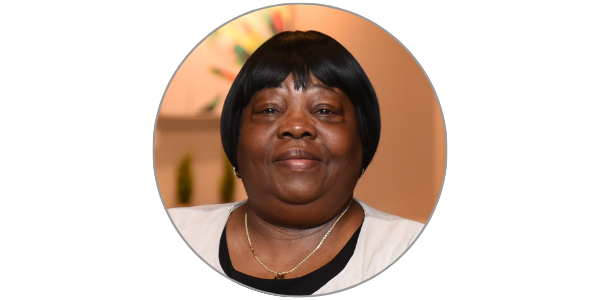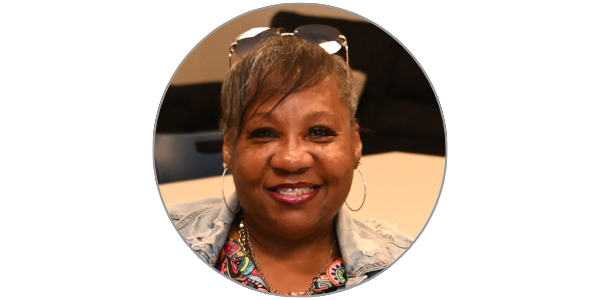UnitedHealth Group has invested more than $1 billion in affordable housing, a major milestone in its ongoing commitment to advancing social drivers of health.
By the numbers
Since 2011, through its UnitedHealthcare and Optum businesses, the company has helped build affordable and mixed income housing developments in 31 states and the District of Columbia for people in need of housing and supportive services. These investments — made using Low-Income Housing Investment Tax Credits (LIHTC), Community Reinvestment Act (CRA) loans and direct investments by the company — have helped create more than 25,000 homes for individuals and families facing housing insecurity.
Properties that UnitedHealth Group has invested in range from new developments to rehabilitation and preservation of older buildings. Geographies include urban, suburban and rural settings, and demographics are inclusive of families, seniors and military veterans.
The bottom line
According to the Center on Budget and Policy Priorities, when households struggle to pay the rent, they have a higher risk for negative health outcomes. High housing costs can force them to make difficult choices between paying rent and paying for health care services, medicine, food, heating, transportation and other essentials.
“Supporting healthier and more equitable communities does more than just improve individual lives. Understanding the needs of communities can help make the whole system work better for everyone. We will continue to work with communities to provide services that fit their specific needs.”
Catherine Anderson, Senior vice president of Health Equity Strategy at UnitedHealth Group
Zoom in
The newly renovated Aya Tower property in East Point, Georgia, is the latest example of UnitedHealth Group’s affordable housing investments. The property, shuttered since 2004, recently underwent a $24 million redevelopment into a fresh space that includes 88 affordable one- and two-bedroom apartments for families earning between $30,000 and $40,000 annually. With Atlanta being one of America’s largest and fastest-growing markets, Aya Tower helped relieve financial pressure on low- and middle-income families while giving them resources to better their health.
Yes, and: In addition to making safe and affordable housing available, several health and social services will be offered in adjacent buildings for Aya Tower residents and the full community with support from UnitedHealth Group, Grady Health, and Goodwill of North Georgia.
Words from residents
Worth noting
A primary focus of the company’s affordable housing investment work is to track the impact of the health and social programming on residents’ overall well-being. After two years of measuring results against the baseline with the Stewards of Affordable Housing for the Future and the National Affordable Housing Trust properties, the following was observed:
- Routine check-ups: Residents at UnitedHealth Group-sponsored properties are more likely to have a routine check-up in the past year compared to U.S.-wide populations at similar income levels. Among residents, 95% had a check-up in the past year, compared to 67% of working-age adults and 90% of seniors U.S.-wide (as surveyed by the CDC).
- Mental health: Residents are more likely to report positive mental health than low-income individuals across the U.S. In particular, only 10% of residents reported more than 14 days of poor health, compared to 22% of low-income survey respondents in the CDC Behavioral Risk Factor Surveillance System.
Between the lines
What differentiates UnitedHealth Group from peers who are also investing in affordable housing is the company’s commitment to financially supporting and evaluating the impact of wraparound services that improve the health and wellness of the residents at each property. For example, the company’s funded programs have included:
- Technology lending programs using tablets to address social isolation for residents.
- Food pantries with nutrition education and healthy eating programming to address nutrition insecurity.
- Resident Service Coordinators to help residents navigate health care access and improve overall well-being.
- Resident-led fitness and wellness programs that include an activity tracker lending program.
Learn more about UnitedHealth Group’s commitment to building a modern, high-performing heath system, including advancing social drivers of health.

Investing in housing & health
The benefits of a safe, quality home are well documented, and the location of your home can improve access to important community resources that influence health, such as jobs, health providers, recreational spaces and healthy foods.


Share This Story